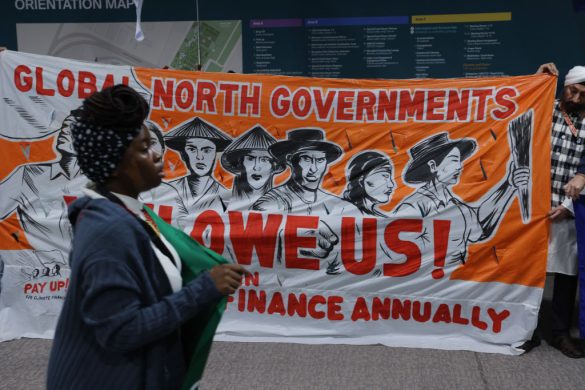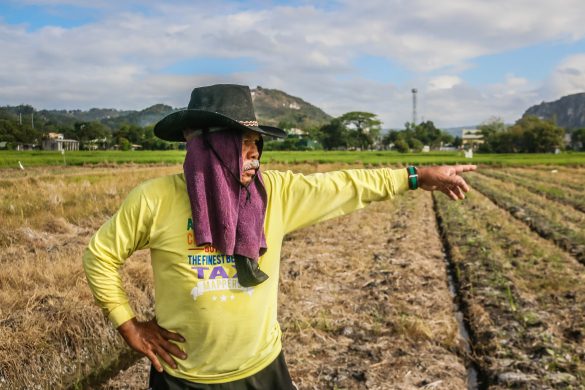Sikkerhedspolitiet i Kina benytter sig i stigende grad af såkaldte “tvungne forsvindinger” af personer, der anses for samfundskritiske.
De bliver anholdt og anbragt i uofficielle, “sorte fængsler”, hvorefter myndighederne nægter at have dem i forvaring. Den kinesiske regering synes at tilskynde politiets praksis ved stort set at ignorere “tvungne forsvindinger”
Enforced disappearances by the Chinese government’s security agencies have soared as a means to silence perceived dissent, Human Rights Watch said Wednesday at a news conference in Hong Kong.
The government has failed to address the growing problem and is instead attempting to effectively legalize that unlawful practice through a revision to the country’s Criminal Procedure Law, Human Rights Watch said Thursday.
Under international law, a state commits an enforced disappearance when its agents take a person into custody and then deny holding the person or fail to disclose the person’s whereabouts.
Family members and legal representatives are not informed of the person’s whereabouts, well-being, or legal status.
“Disappeared” people are often at high risk of torture, a risk even greater when they are detained outside of formal detention facilities such as prisons and police stations.
– Despite a few weak gestures of disapproval, the Chinese government has largely ignored or tacitly approved the security agencies’ proclivity for enforced disappearance and ‘black jails, said Sophie Richardson, China director at Human Rights Watch.
– That inaction has encouraged China’s security agencies to increasingly make enforced disappearances their tactic of choice. The proposed legal revisions are a clear indication of the government’s intentions, she concluded.














